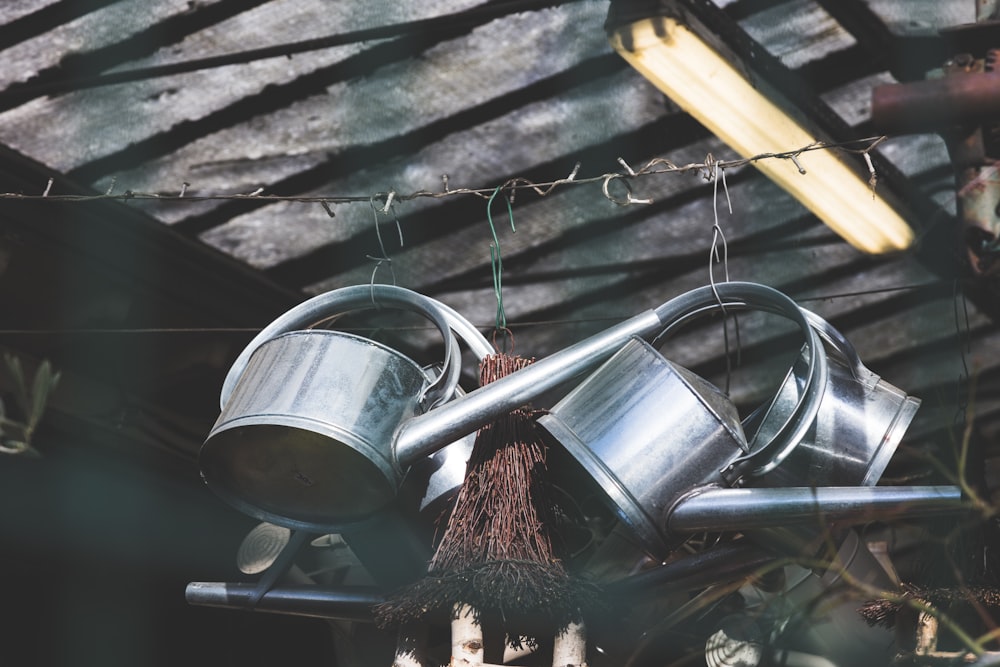.webp)
Ensuring Flow: Plumbing System Inspection
Regular inspection of your plumbing system is a proactive approach to prevent potential issues, ensure efficiency, and maintain a functional home. Explore the importance of plumbing system inspections and the key steps involved in preserving the health of your plumbing infrastructure.
Understanding the Importance of Inspection
Plumbing plays a vital role in your home’s functionality, providing clean water supply, proper drainage, and efficient waste disposal. A plumbing system inspection serves as a preventative measure to identify and address issues before they escalate into costly repairs. Regular inspections contribute to the longevity of your plumbing components and ensure the uninterrupted flow of essential services.
Checking for Leaks and Drips
Leaks and drips are common plumbing issues that, if left unattended, can lead to water damage and increased water bills. During a plumbing system inspection, professionals examine pipes, faucets, and fixtures for any signs of leaks. Addressing leaks promptly not only preserves water but also prevents potential structural damage to your home.
Assessing Water Pressure
Inadequate or excessive water pressure can impact the performance of your plumbing system. During an inspection, plumbers measure water pressure to ensure it falls within the optimal range. Adjustments can be made to the pressure regulator if needed, preventing issues like pipe bursts and ensuring consistent water flow.
Inspecting Drains and Sewer Lines
Clogged drains and sewer lines can result in unpleasant backups and damage. Professional plumbers use specialized tools, such as cameras, to inspect drains and sewer lines. Identifying and removing obstructions or potential blockages ensures the efficient flow of wastewater, preventing backups and maintaining a hygienic environment.
Plumbing System Inspection (Click here for additional resources)
Checking Water Heater Performance
Water heaters are integral to your daily comfort, providing hot water for bathing, cooking, and cleaning. During an inspection, the heating element, thermostat, and tank are assessed for efficiency. Regular maintenance, including flushing the tank, helps prevent sediment buildup and ensures optimal water heater performance.
Examining Pipe Integrity
The integrity of your plumbing pipes is crucial for preventing leaks and maintaining water quality. Plumbers inspect pipes for corrosion, rust, or signs of deterioration. Early detection allows for timely repairs or replacements, safeguarding your home against water damage and ensuring the reliability of your plumbing system.
Verifying Appliance Connections
Appliances like dishwashers, washing machines, and ice makers are connected to your plumbing system. During an inspection, plumbers verify the connections and hoses to prevent potential leaks or malfunctions. Ensuring proper appliance integration contributes to overall plumbing system efficiency.
Evaluating the Sump Pump
Homes with basements often rely on sump pumps to prevent flooding. Plumbers inspect the sump pump, checking for proper operation and ensuring that the pump is in good condition. This is especially crucial during the rainy season to avoid water damage in the basement.
Assuring Toilet Functionality
Toilets are essential components of any plumbing system. Plumbers assess the functionality of toilets, checking for leaks, inspecting the flushing mechanism, and ensuring proper seals. Addressing toilet issues promptly enhances water conservation and prevents potential water damage.
Educating Homeowners on Maintenance Tips
Beyond the inspection itself, professional plumbers often provide homeowners with valuable maintenance tips. This may include guidance on proper waste disposal, avoiding chemical drain cleaners, and scheduling regular DIY checks. Empowering homeowners with knowledge ensures ongoing care for the plumbing system between professional inspections.
Investing in Preventative Care
Plumbing system inspections are an investment in the long-term health of your home. By addressing issues proactively, you avoid the inconvenience and expense of emergency repairs. Regular inspections contribute to a smoothly functioning plumbing system, providing peace of mind and preserving the integrity of your home.
Prioritize the health of your plumbing system through regular inspections, and reap the benefits of a well-maintained and efficient home infrastructure. By taking a proactive approach, you ensure the continued flow of water and prevent potential issues that could disrupt your daily life and impact the longevity of your plumbing components.

